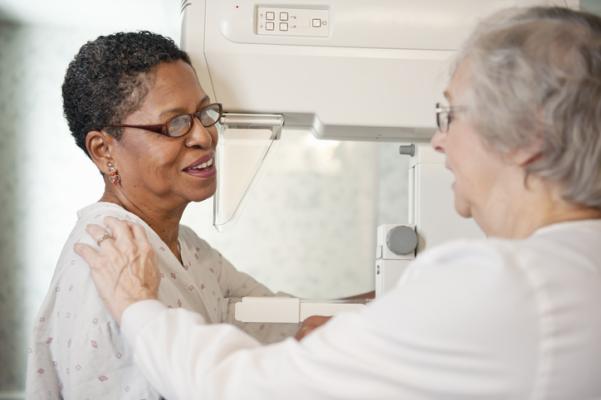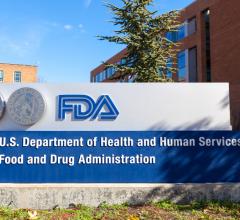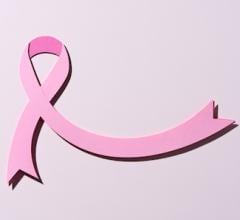
Getty Images
February 6, 2023 — Awareness of breast density appears to increase one’s perceived breast cancer risk for a short time after undergoing mammography in Northern Manhattan according to a new study at Columbia University Mailman School of Public Health. This awareness was also associated with heightened uncertainty about risk and screening choices among Spanish speaking women in this population. The findings are published online in the journal Breast Cancer Research.
“Our results indicate that some women could benefit from educational outreach clarifying the implications of breast density for personal risk and screening choices,” said Parisa Tehranifar, associate professor of epidemiology at Columbia Mailman School and senior author.
High mammographic breast density—relatively large opaque white areas of mostly fibroglandular tissue on a mammogram—not only raises breast cancer risk but also makes it more difficult to detect breast cancer on a mammogram, noted Tehranifar. These factors prompted large-scale patient advocacy efforts over the last 15 years and the passage of state-level legislation designed to inform women if dense breasts were identified on their screening mammogram along with a recent federal amendment to the Mammography Quality Standards Act to mandate the disclosure of breast density information to women and their providers.
“The goal of most legislation about dense breast notification is to increase women’s awareness of their own breast density and its impact on breast cancer detection and risk and to encourage them to talk with their physicians about their personal risk and the potential need to obtain supplemental imaging screening. Despite strong public support and widespread implementation of dense breast notification, there have been concerns that such information can potentially have negative consequence, for example by contributing to confusion or inaccuracies about perceptions of personal risk or mammography limitations. These have not been adequately studied.” said Tehranifar.
Using short-term and long-term surveys in a screening population of predominantly Hispanic New York City people, 63 percent of whom were Spanish-speaking, the researchers assessed breast cancer worry, perceived breast cancer risk, and uncertainties about breast cancer risk and screening choices, between 1 and 18 months following their enrollment in screening mammogram between 2016 and 2018. The researchers compared these psychological responses by women’s dense breast status and density awareness and further examined by education, health literacy, and preferred interview language.
The researchers found evidence that awareness of breast density is associated with increased risk perceptions and uncertainties around risk and screening about 1 to 3 months following a negative screening mammogram, but that these increases were not observed over the longer term 9-18 months post screening.
“Although we observed short-term increased perceived risk and uncertainties, the lack of an association in the long term surveys doesn’t support the concerns raised about sustained adverse consequences of dense breast notification implementation on emotional or psychological outcomes in this population”, explained Erica Lee Argov, doctoral student at Mailman School of Public Health and one of the co-lead authors of the article.
For more information: https://www.publichealth.columbia.edu/
Related Breast Density Content:
Creating Patient Equity: A Breast Density Legislative Update
AI Provides Accurate Breast Density Classification
VIDEO: The Impact of Breast Density Technology and Legislation
VIDEO: Personalized Breast Screening and Breast Density
VIDEO: Breast Cancer Awareness - Highlights of the NCoBC 2016 Conference
Fake News: Having Dense Breast Tissue is No Big Deal
The Manic World of Social Media and Breast Cancer: Gratitude and Grief


 February 06, 2026
February 06, 2026 









